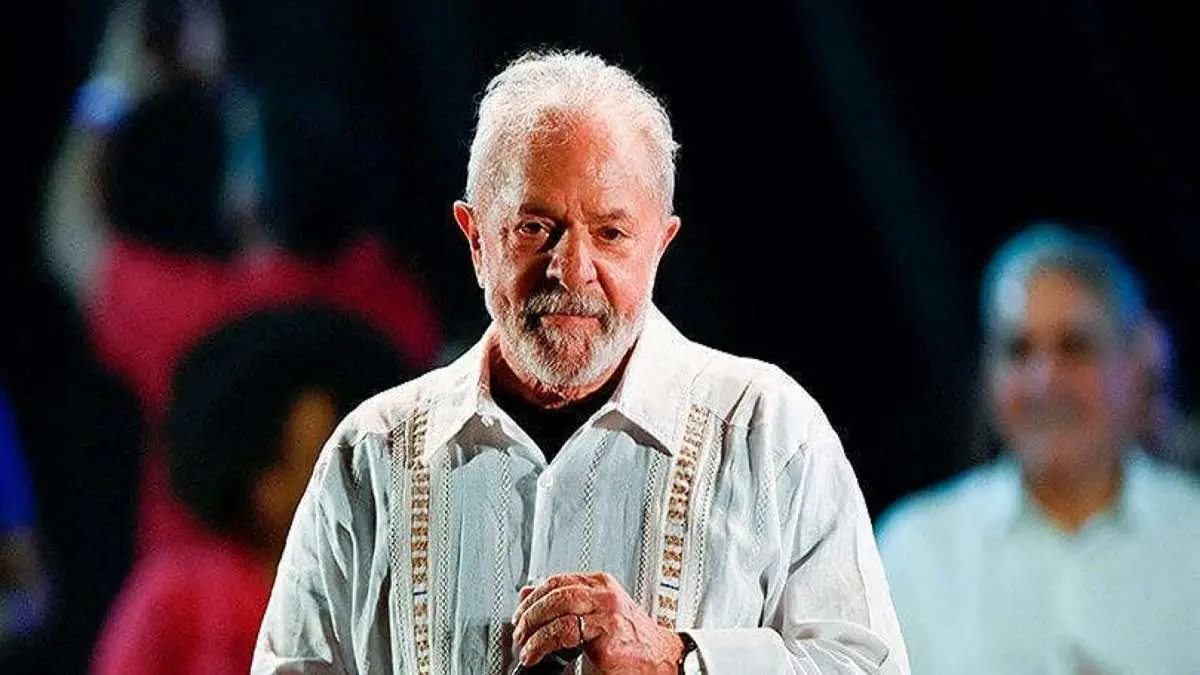Brazil: a third way to achieve peace

China's President Xi Jinping has finally phoned his Ukrainian counterpart, Volodymir Zelenski, just over a month after his meeting in Moscow with Russian President Vladimir Putin, to discuss, among other things, his proposed peace plan.
More than a year must have passed since the beginning of the invasion for Jinping to react: as a result of the conversation with Zelenski, China will send its special delegate to Kiev who is an expert on Eurasian affairs.
As the weeks go by, interest in the situation of the Ukrainian population has somewhat cooled, and the war has ceased to provoke fear among the European population, which was initially terrified of a nuclear attack. The Ukrainian war is in Ukraine, but its devastating effects are spreading around the world.
China can unblock decades of bad relations between Saudi Arabia and Iran, but despite its good intentions its peace proposal for Ukraine and Russia does not seem to prosper with interest because firstly Putin is not interested and secondly, he has not even taken Zelenski into account consistently.
It is curious, but within NATO, only Turkey under President Recep Tayipp Erdogan has been the only one to keep insisting on peace talks between the Russians and the Ukrainians. French President Emmanuel Macron has not even mentioned the issue after being ignored by Putin. Without a valid interlocutor for Putin, the West is really left in the hands of third parties to see if someone, at some point, will soften the Kremlin leader's position and bring him to the negotiating table.
With Putin's profile as a domineering, controlling KGB hardliner, it would really break all the mould if a year later he ordered a ceasefire to negotiate. What will he negotiate? Will he counter-reform to remove illegally invaded and annexed Ukrainian territories from the Russian constitution? What there is is a territorial part in dispute and Ukraine defends its country, wants Russian troops to leave, and Putin refuses to do so because he sees the invaded territory as part of Russia. How is this dispute to be resolved?
Brazil's Luiz Inácio Lula da Silva has come up with another peace plan as if it were a third way, which places Brazil in the middle of the peace plan nonsense. Lula's plan is as ambiguous and cowardly as Jinping's: he does not condemn the invasion of war, he does not condemn the fact that one country violates the border of another and enters with its army to kill hundreds of civilians just because it wants to appropriate its coasts, its infrastructure and its resources.
So little does Lula have much moral authority to become a negotiator of a peace that, incredible as it may seem, does not take into account either the pain or the interests of the invaded country.
The Brazilian president is trying to make a name for himself on the international stage: under the pretext of gaining support for his cause, he has launched a crusade that has taken him to several countries. He is also taking advantage of the occasion to talk business, and not very well about Ukraine or the United States.
Lula blames Washington's interferenceist foreign policy for unleashing the invasion, in the face of the Kremlin's fear that Ukraine would be incorporated into NATO's ranks. Yet the Alliance has never had the slightest interest in doing so, not even today, despite Jens Stoltenberg's declarations left and right that "Ukraine's place is in NATO".
The old Brazilian politician also lashes out at Ukraine, especially at Zelensky whom he blames for irritating Putin in the territories of the Donbas and Lugansk regions with his policy of eradicating Russian and an ideology of reconversion in the border territories.
Lula wants closer ties with China and Russia, his two partners in the BRICS. Brazil, which is not just any economy given its importance in Latin America and the world, is seeking closer relations with these two countries at a time when the United States wants to dynamite multipolarity.
It has even recently questioned the reign of the dollar, following Putin's strategy of encouraging, time and again, China to lead a new monetary option other than the greenback.
How can you negotiate peace without falling in line and becoming a henchman of the invader when you do just that? Following Putin's recommendations, Lula recently decided that his country should join the CIPS Cross-Border Interbank Payment System.
CIPS is a payment system that offers clearing and settlement services for its participants in cross-border payments and transfers in Chinese currency in either Renminbi or yuan. It is basically the structure of the Chinese financial market and an alternative to SWIFT from which part of the Russian banking system was expelled in retaliation for the invasion.
In this way, Lula has taken an abrupt step to continue his separation from Washington and his alignment with Russia and China; while on his trip to Spain, he has sought the shelter of the Iberian country so that, once and for all, the Mercosur-EU agreement, which year after year continues to be stalled, can go ahead. Lula's Brazil is no longer willing to wait any longer for the Europeans to react; for the time being, its relationship with China is growing and becoming more vital by the day. Lula proposes a peace that is not very credible and that responds to his own geopolitical and geo-economic interests.

